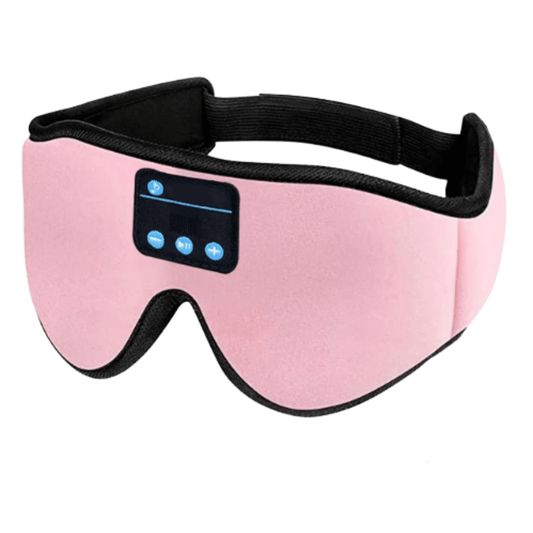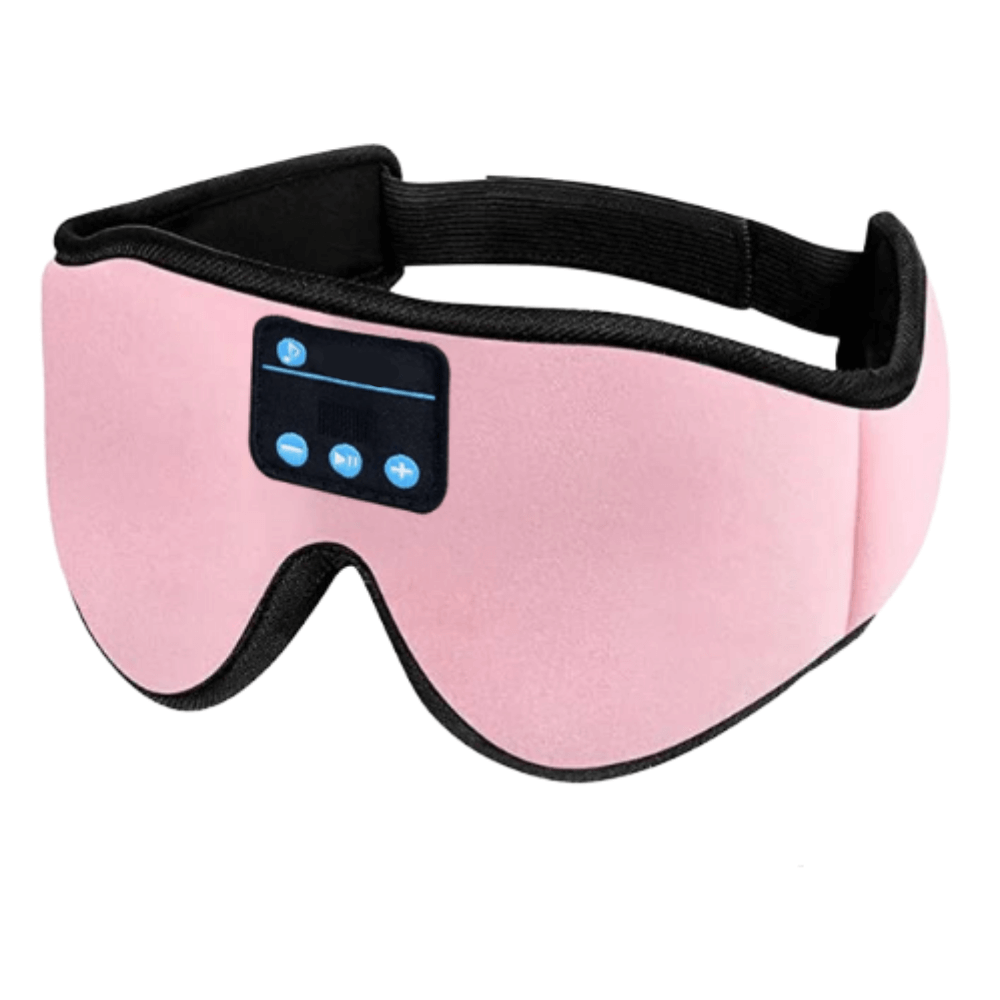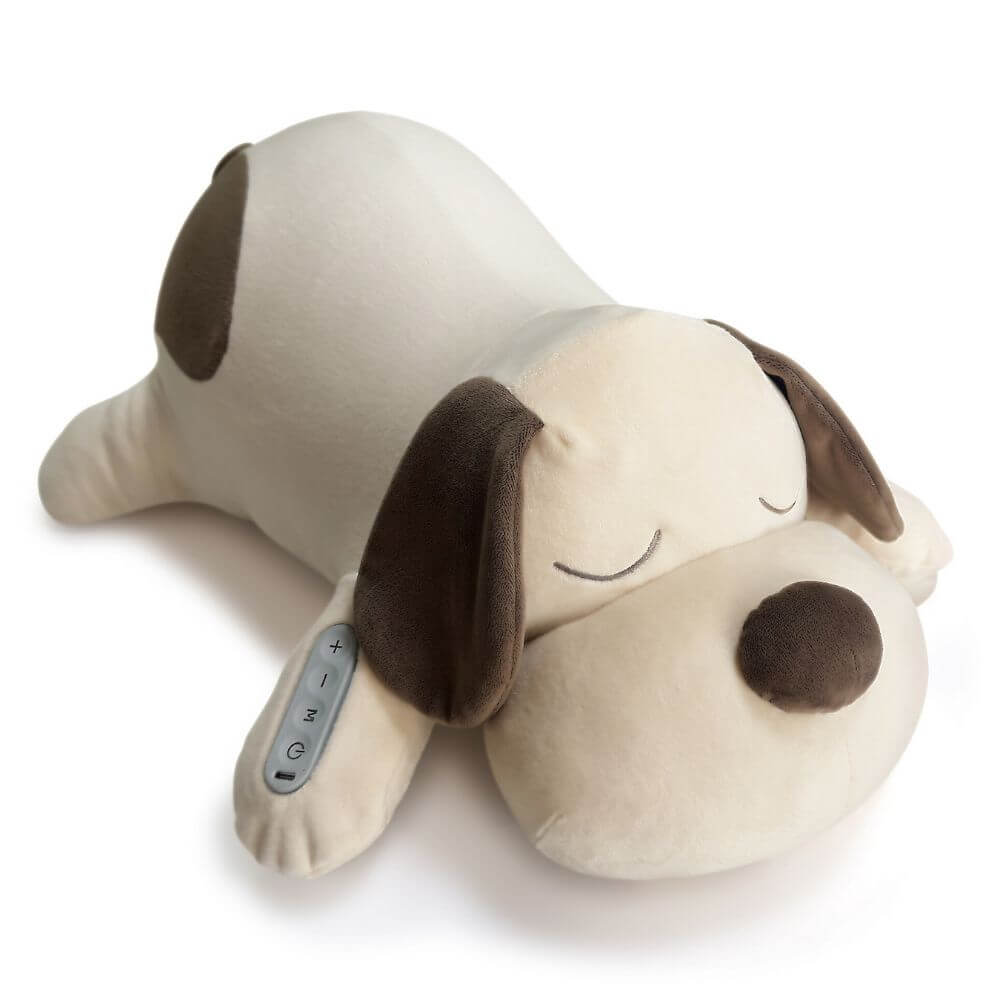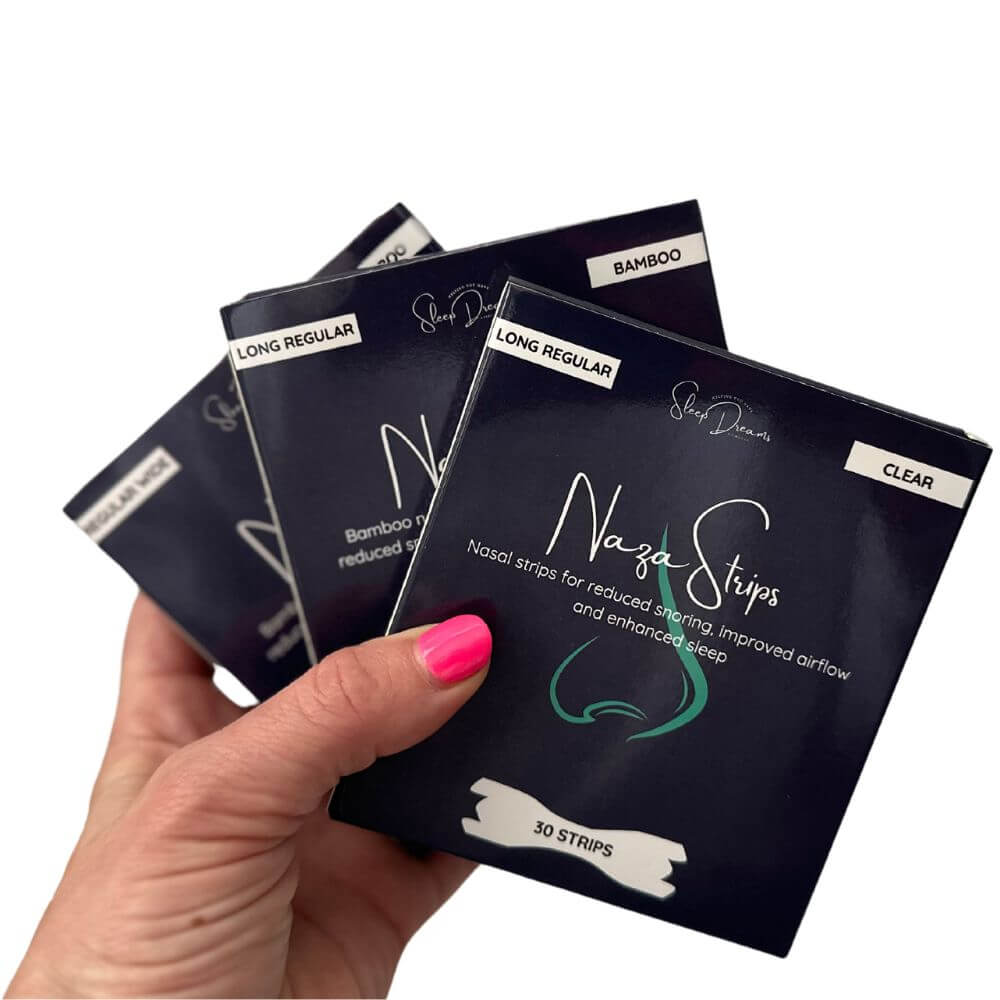Most of us are familiar with the feeling of being exhausted after a long day. We might even joke about being so tired that we could fall asleep standing up. But for some people it's a condition that can have a profound impact on their lives. This is particularly true for children, who may not have the coping mechanisms or life experience to deal with the lack of sleep. In fact, according to a recent study, as many as one in seven Australian children suffer from insomnia. It's actually quite common for children to struggle to go to sleep says the childrenshospital.org.

What is insomnia?
Insomnia is a term to describe when someone finds it difficult to fall asleep or stay asleep. It can be caused by stress, anxiety, medical conditions, or changes in routines (such as daylight savings time). Symptoms include waking during the night, waking up early, feeling tired during the day, and difficulty concentrating. Insomnia can have a significant impact on your child's mood, behaviour, and overall health.
It's not typically defined as a disorder because it can often be related to environmental impacts such as stress.
How do I know if my child has insomnia?
There are several signs that may indicate your child has insomnia (difficulty sleeping). If they complain of feeling tired during the day or seem irritable or cranky, this could be a sign that they're not getting enough rest at night. Other signs include difficulty falling asleep or staying asleep, waking up often during the night, or having trouble getting back to sleep after waking up. If your child displays any of these behaviours on a regular basis, it's worth talking to your GP about the possibility of insomnia.
It's important to note that children under the age of 3 should not be classified in the above as it's completely normal for these ages to wake during the night. In any case if you are concerned then seek professional advice, we recommend many sleep consultants across Australia.
What can I do if my child has insomnia?
If you suspect your child has insomnia, there are several things you can do at home to help them get a good night's sleep.
First, try to create a relaxing bedtime routine for them that includes winding down for 30 minutes before sleep. This may involve reading or taking a bath and looking into Magnesium bath salts.
You should also avoid letting them have caffeine after lunchtime and make sure their bedroom is dark and quiet at night. Try to reduce the amount of technically they are using for up to 2 hours before bedtime.
Finally, if your child is struggling to fall asleep, you can teach them some relaxation techniques such as deep breathing or progressive muscle relaxation. This will not only help them relax and hopefully get a better night's sleep but also to listen to their body and better regulate their emotions.
The next step after this is to speak to your GP about the possibility and ask about ways you can help them get a good night's sleep. We suggest taking a sleep diary with you when you go so that you have some insights for them to draw from rather than your sleepy child trying to think on the spot.

























